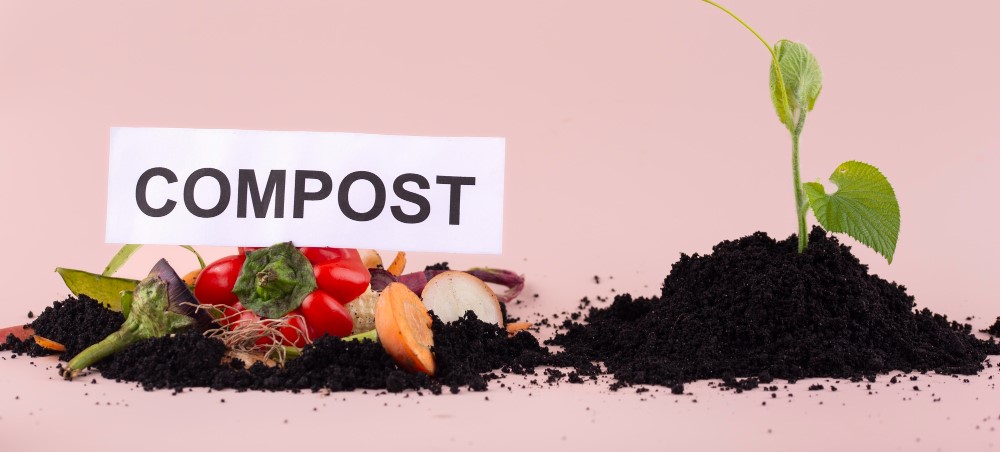https://www.compostmagazine.com/compost-mature/
The local council’s free compost scheme transforms collected food and garden waste into compost, available at a collection point for anyone to use. Initially, this compost is often hot, steaming, and has an acrid smell of ammonia, leading some, including myself, to apply it directly to garden beds. However, this practice didn’t yield the best results.
Over time, I learned the value of letting compost mature. After leaving some compost sacks over winter, I noticed a significant improvement in its quality by spring—it was darker, crumbler, and had a pleasant, earthy smell. This mature compost proved beneficial, as evidenced by the vigorous growth of kale, chard, and purple broccoli in a friend’s garden beds after its application.
The drive for quick results in modern life extends to composting, with numerous sources advocating for rapid composting methods. However, material that appears decomposed may not be ideal for gardens just yet.
Mature compost is the result of the compost going through its warming, hot phases, and then being allowed to stabilize. It’s ready for use in gardens, having broken down tougher materials, stabilized nitrogen levels and pH, reduced competing microorganisms, and become safer for plants. The process also enriches the compost with worm castings, adding value beyond simple nutrition.
Composting at home allows for the patience required for compost to mature properly, which can take anywhere from 6 months to two years, according to the Royal Horticultural Society. The readiness of compost can be determined by its color, smell, texture, and a simple germination test.
Mature compost has numerous uses in gardening and farming, from improving soil fertility to serving as mulch. Its benefits highlight the importance of allowing compost to fully mature before application, ensuring the health and vigor of garden plants.
Discover the future of waste management with composting free technology
Handling organic waste properly can be challenging due to the unpleasant smell and dirty water produced during the composting process. Despite the availability of various composting technologies and equipment in the market, time and pollution remain significant concerns. However, a novel technology that combines patented equipment and enzymes offers a potential solution. This innovative approach can convert organic waste into fertilizer in just a few hours, and most importantly, without causing pollution.
Learn moreDiscover the future of waste management with composting free technology
Handling organic waste properly can be challenging due to the unpleasant smell and dirty water produced during the composting process. Despite the availability of various composting technologies and equipment in the market, time and pollution remain significant concerns. However, a novel technology that combines patented equipment and enzymes offers a potential solution. This innovative approach can convert organic waste into fertilizer in just a few hours, and most importantly, without causing pollution.
Learn more


 中文 (台灣)
中文 (台灣) Bahasa Indonesia
Bahasa Indonesia Tiếng Việt
Tiếng Việt Bahasa Melayu
Bahasa Melayu Français
Français Español
Español Português
Português